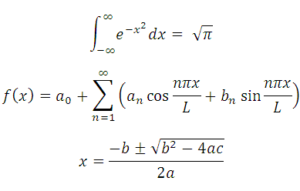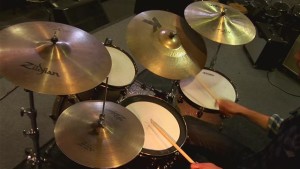We all know math can be scary. In fact, I recently wrote about how intimidating all those numbers and figures can be.
But math is never more terrifying than when it crushes our deeply held beliefs and contradicts our political agendas.
For example, a recent study has shown that despite all the screaming and cries of calamity from the right wing, immigrants are not taking Americans’ jobs.
The study “found little to no negative effects on overall wages and employment of native-born workers in the longer term.” Basically, this means that when the GOP candidate for president slams immigrants — especially Latin American ones — he has no idea what he is talking about.
Of course, we all knew that already, but it’s nice to have hard data confirming that the guy is a lying shithead.
In any case, the report went on to state that immigration is “integral to the nation’s economic growth” because immigrants “bring new ideas and add to an American labor force that would be shrinking without them, helping ensure continued growth into the future.”
Specifically, high-skilled immigrants, especially in technology and science, have a significant “positive impact on Americans with skills, and also on working-class Americans. They spurred innovation, helping to create jobs.”
Furthermore, by flipping this argument on its head, we see that the GOP candidate’s plan to deport undocumented workers “would result in four million lost jobs by 2030.”
OK, so it’s settled that immigrants are not stealing jobs, and in fact, they may be kickstarting the economy to create new ones.
But what about that side claim that immigrants cost the US government bazillions of dollars each year in handouts and “free stuff”?
Well, the math is a little fuzzier on this one, and it may be true that recent immigrants cost more in government expenditures. However, any deficit is gone by the time the second generation (i.e., kids of immigrants) enters the work force, and “by the third generation, immigrant families contribute about $223 billion a year to government finances.”
The bottom line is that the net effect of immigration is positive, especially when one looks at the long term.
So I’ll ask again — don’t you just love math?









